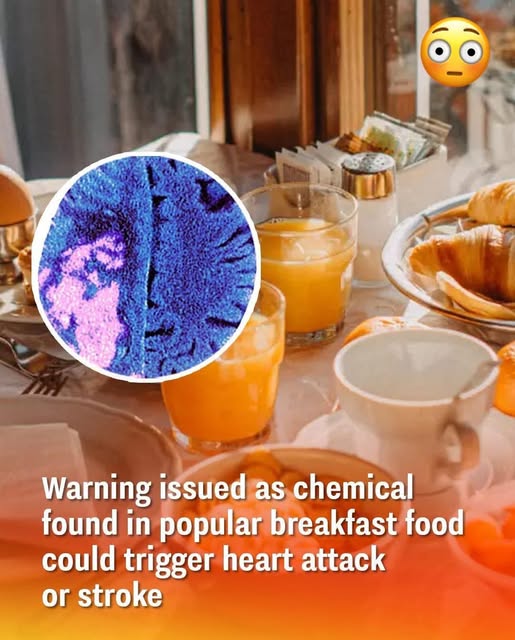
A chemical in breakfast food, acrylamide, has worried people as researchers linked it to higher heart attack and stroke risks. A recent study shows it could raise the chances of these cardiovascular problems by up to 60%.
Spanish researchers looked at data from over 100,000 people in dozens of studies since 2007. Their findings in the Nutrients journal say acrylamide intake is linked to more cardiovascular events and deaths from heart attacks and strokes.
Acrylamide forms in breakfast food when starchy foods like bread and potatoes are baked, fried, or roasted. Burnt carbs, like over – toasted bread, have a lot of acrylamide, which worries those who eat toast for breakfast.
The study found high – acrylamide diets increase the risk of cardiovascular death by 33% to 66%. For people at risk of type 2 diabetes, the risk is even higher, up to 84%. Professor Oliver Jones said an average toast slice has about 4.8 micrograms of acrylamide. Daily intake in the studies was 32.6 to 57 micrograms, with bad outcomes at the higher end.
Acrylamide is not just in ultra – processed foods but also in home – cooked and restaurant meals, even with air frying. So, the food industry wants to cut acrylamide production.
Experts say to avoid burnt or overly browned foods to reduce acrylamide intake. The NHS says to aim for a “golden yellow” when toasting or frying. Sir David Spiegelhalter said moderate acrylamide intake is likely not harmful right away, as one would need to eat 160 burnt toast slices daily to be severely affected. But following guidelines to limit exposure is still a good idea.